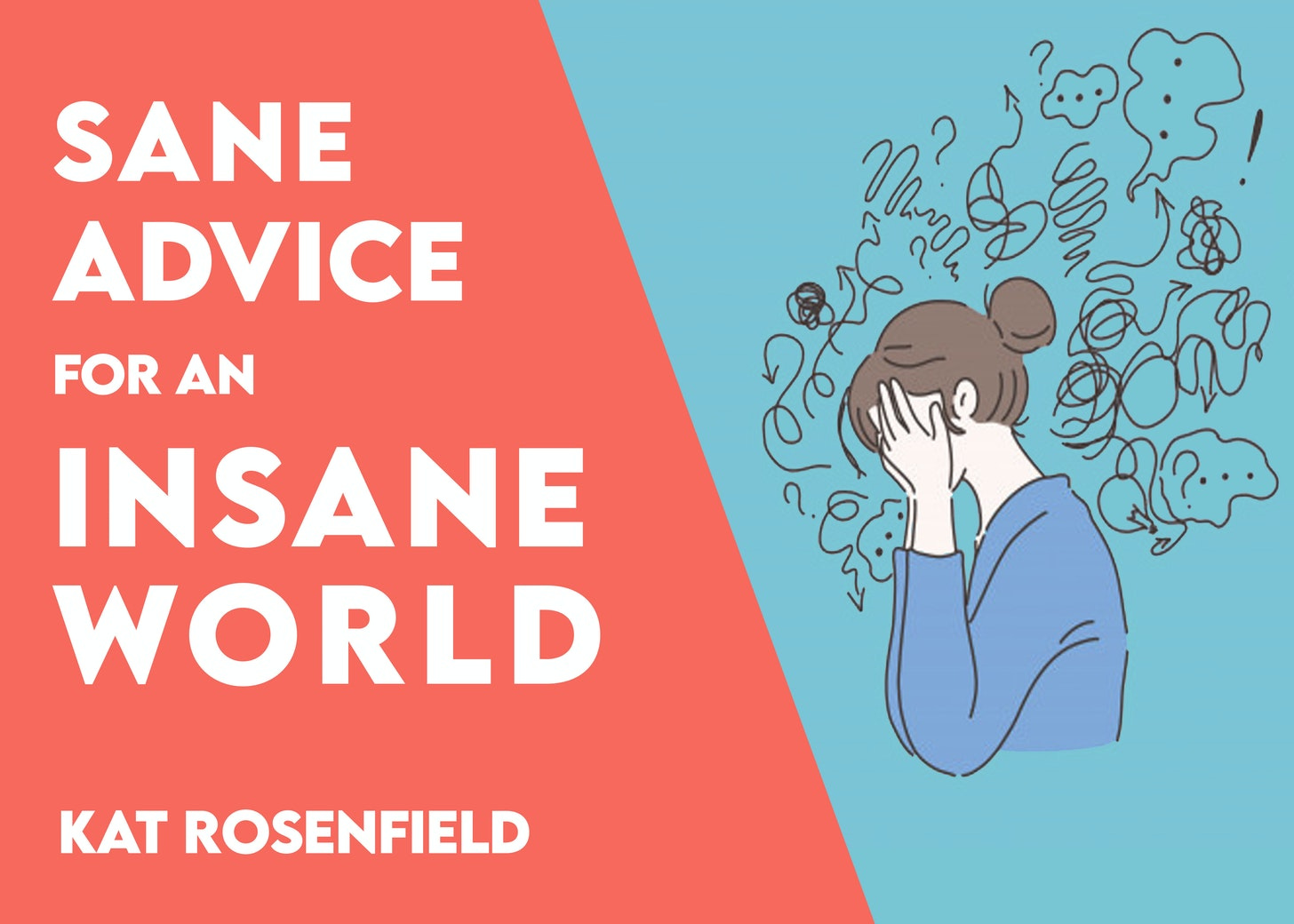Must I pick my pronouns?
And other questions for Persuasion's advice columnist
They told me to choose preferred pronouns, but it seems obvious. Must I? One of my closest friends is getting married. His fiancée asked me to submit information about myself for a wedding webpage, including my preferred pronouns. I’m very supportive of the right of trans people to identify as they see fit, especially when their preferred pronouns do not correspond to their biological sex. But I am not trans, I am unaware of any trans people in attendance, and it is clear to anyone with decent vision that I am a cis male. I find this kind of virtue-signaling irritating, so I’m tempted to just submit my biographic information without preferred pronouns. I also don’t want to cause trouble. Am I a raging transphobe for feeling uneasy about this? What should I do?
I’ll be honest: The first thing I wondered is if there might, in fact, be a trans person on the guest list for this wedding, and if the pronoun-preference solicitation might be a ham-fisted function of the organizers’ nervousness about seeming insensitive. Not that this would make it any less of a bad idea: Asking someone for their preferred pronouns implies that the answer isn’t already obvious, an insinuation that can be especially offensive to trans people. As Natalie Wynn, the trans YouTuber known as Contrapoints, once tweeted, “There’s this paradox where I can go to a sports bar in North Carolina and be miss/ma’am’d all night on question, but in self-consciously trans-inclusive spaces I have to explain my pronouns and watch woke people awkwardly correct themselves every time they say ‘you guys.’ ”
That said, someone else’s wedding isn’t the place to stage a big, ugly debate about this. It’s their party, and they can cry (or ask for pronouns) if they want to. But if having preferred pronouns is a valid choice, so too is preferring not to provide them because they’re obvious, which is why I’d encourage you to just leave that section of the questionnaire blank.
Need advice? Send your questions to Kat at persuasion.advice@gmail.com. We will, of course, preserve your anonymity.
How do I deal with the blowhard who hangs out with my friends? What a disappointment when, upon meeting their highly esteemed friend—a Maserati-driving, seaside-condo-owning retired lawyer—she engaged in a logical fallacy. We were discussing energy policy, and I spoke of nuclear but she said renewables sufficed, citing wind power. This kills many birds, I said. She responded, “Cats kill way more birds than wind power.” I think her logic was: Cats kill 5 million birds a year, so it’s okay as long as windmills kill fewer than 5 million, which makes no sense. How might I have continued the conversation without offending? Or should I simply concede that “you can’t fix stupid,” and avoid this person?
The short answer is that there is, indeed, no point in arguing with a pompous know-it-all. (One recalls that line: “Never wrestle with a pig. You both get dirty, and the pig likes it.”) Whether you’d prefer to avoid this person entirely is up to you, but certainly they’re someone with whom you’re better off not butting heads on purpose.
The longer answer to your question is that you already know this, and your letter is less about asking for advice than about expressing frustration to a sympathetic audience. Why do all your friends insist on admiring this pretentious idiot who is wrong about wind energy? Why can’t they see her arguments for the flimsy, uninformed things they are? Why does she get to have a Maserati, while you* drive around in a rattly Volkswagen Rabbit with 139,000 miles on the odometer?! It’s not fair!
The thing is, even if I validated your resentment—even if I agreed with you that this woman is an obnoxious dummy whose reputation, condo and car are all far better than she deserves—I would not be helping you. And even if your assessment of her character and intelligence were totally accurate and unbiased (and you might also be wrong about this!), loathing and avoiding her is a waste of energy that only costs you the opportunity to see your friends when she is present. So instead, I want to suggest something really audacious: What if you tried finding something to like about her?
*Actually, this is me.




Respecting the conversation between the advice seeker and the "blowhard," it may be worth pointing out how irrelevant the comparison of bird deaths from wind power v. cats is to the initial point the advice seeker was making, namely that nuclear power might be a worthwhile source of future power in the fight against global warming. I find often that people in earnest conversation about important things get sidetracked by what are essentially very tangential issues. The initial response that the blowhard was making was that wind power would suffice. That indeed is a relevant question but one that requires some knowledge of possible scope of wind power usage and the comparative advantages and disadvantages of the two forms of energy. I suspect -- and perhaps this is being unfair -- that neither party knew enough to continue the conversation along the lines that the subject demanded and so the conversation rapidly deteriorated. I think we're all guilty of sometimes wanting to continue a debate when we just simply have not informed ourselves well enough about the issue.
Am I the only person who feels it's rude to refer to a person in the third person in their presence?